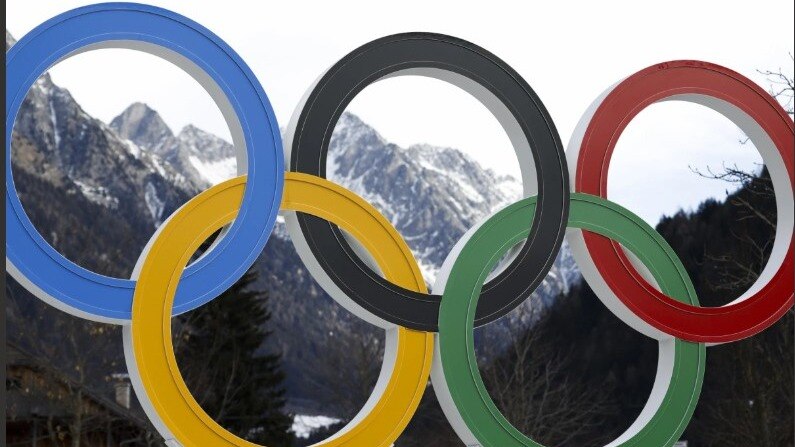Anticipating the 2026 Winter Olympics: Key Highlights

Introduction
The 2026 Winter Olympics, set to take place in Milan and Cortina d’Ampezzo, Italy, represents a significant event in the world of sports. Scheduled for February 6 to February 22, 2026, this edition of the Games is vital not just for athletes and fans but also for the economic and cultural impact on Italy and the participating nations. After a turbulent period marked by pandemic disruptions, the Games promise a return to sporting normalcy and enthusiasm.
Exciting Developments and Locations
This will be the first time that the Winter Olympics returns to Italy since the 2006 Turin Games. The joint bid features a unique blend of urban innovation with the natural beauty of the Dolomites. Milan will host a range of ice sports, including hockey and figure skating, while scenic Cortina d’Ampezzo, renowned for its skiing landscapes, will showcase skiing and snowboarding events.
The games are expected to feature 15 sports and about 109 medal events, including the return of ski jumping mixed team events and new competitions proposed in freestyle skiing and snowboarding. Organizers aim to promote sustainability, with an emphasis on using existing sport facilities and minimizing the construction of new venues, aligning with the International Olympic Committee’s focus on environmental considerations.
Impact on Local Economy and Infrastructure
The anticipation of the Winter Olympics brings significant opportunities for the local economy. It is expected to generate jobs and stimulate tourism, which are critical in the post-COVID recovery phase. The regions involved are investing heavily in infrastructure improvements, including upgraded transportation links and new hospitality facilities, to accommodate the influx of visitors.
Security and health measures are also a priority, as organizers work closely with local authorities and the World Health Organization to ensure a safe event for participants and spectators alike. Lessons learned from the Tokyo 2020 Olympics will likely guide preparations in this regard.
Conclusion: Looking Ahead
The 2026 Winter Olympics represent not just a celebration of winter sports but also a chance to promote unity and global cooperation post-pandemic. For fans, the Games will be a highlight of the winter sports calendar, and for athletes, an opportunity to shine on the world stage. As anticipation builds, stakeholders in every sector are poised to leverage this event’s potential, making it a pivotal point in both the sporting world and local economies long before the torch is lit. The coming years will witness a surge in preparations as stakeholders gear up for what promises to be an unforgettable Olympic experience.









